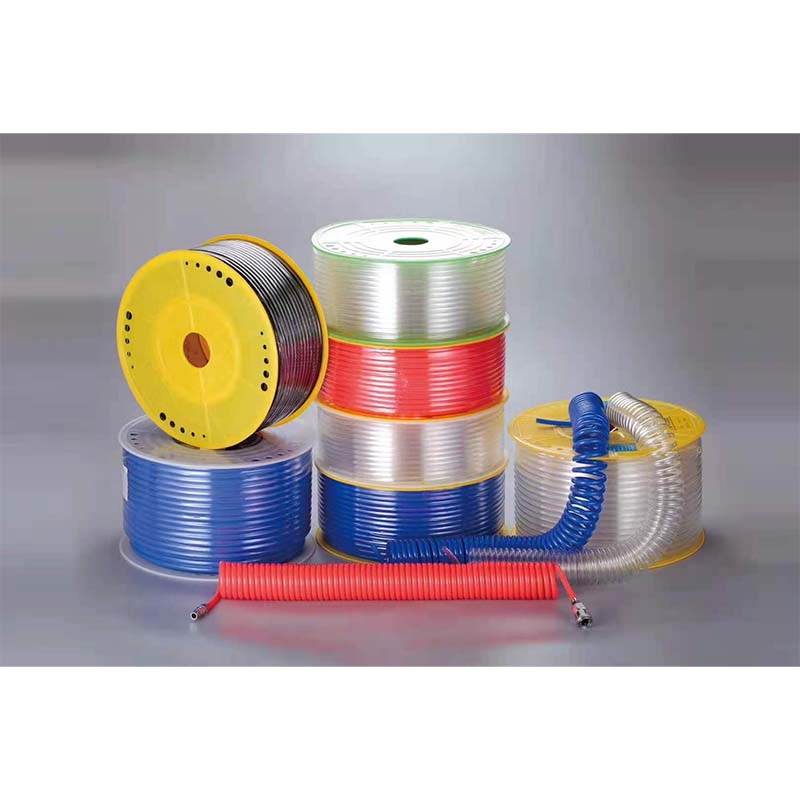lpg hose pipe
The Essential Role of LPG Hose Pipes in Safe and Efficient Gas Delivery
Liquefied petroleum gas (LPG) is a popular choice for both residential and commercial energy needs due to its efficiency and versatility. However, the safe and effective delivery of LPG requires reliable components, with the LPG hose pipe being one of the most critical elements in the system. This article delves into the significance of LPG hose pipes, their construction, applications, safety considerations, and maintenance practices to ensure optimal performance.
Understanding LPG Hose Pipes
LPG hose pipes are flexible tubes specifically designed to transport liquefied petroleum gas from storage tanks to usage points, such as grills, heaters, and industrial machinery. These hoses are engineered to withstand the unique pressures and conditions associated with LPG, which can exist in both gaseous and liquid forms. The capacity to handle these diverse conditions is essential for ensuring safe gas transfer.
Construction and Materials
The construction of LPG hose pipes is paramount to their functionality and safety. Typically, these hoses are made from rubber or thermoplastic materials, reinforced with either textile or metal layers. This multi-layered design provides strength and flexibility, making the hoses resistant to kinks, abrasions, and high pressures. The inner lining must be resistant to the effects of LPG to prevent leakage, which can lead to hazardous situations.
Moreover, the external layer of the hose is crucial for protection against environmental factors. Many hoses are designed to be weather-resistant, ensuring longevity and consistent performance in various circumstances. Additionally, they come in different sizes and lengths to accommodate various applications, from small residential setups to large industrial installations.
Applications
LPG hose pipes are widely used in several applications, including home heating systems, cooking appliances, and outdoor barbecues. In industries, they are essential for fueling machinery and equipment that require LPG for operation. Their versatility also extends to agricultural use, where they can supply gas for heating greenhouses or powering equipment.
lpg hose pipe

Given their diverse applications, it is crucial to select the right type of hose for a specific purpose. The requirements may differ based on the intended use — for instance, a hose used in a high-pressure industrial setting would need to be more robust than one used for a portable grill.
Safety Considerations
The safe handling of LPG is paramount, as it is a flammable substance that can pose significant risks if not managed properly. LPG hose pipes must meet stringent safety standards to ensure they are fit for purpose. Users should look for hoses certified by recognized standards organizations, which indicate they have been tested for durability and leak resistance.
Regular inspections play a vital role in maintaining safety. Users should routinely check hoses for signs of wear, damage, or brittleness. Any hose that appears compromised should be replaced immediately to prevent leaks and potential accidents. Moreover, proper installation is crucial; hoses should be fitted correctly to avoid stress and leverage that could lead to failure.
Maintenance Practices
Maintaining LPG hose pipes is not just about addressing visible wear and tear but also involves preventive measures to extend the life of the hoses. Proper storage of LPG hoses when not in use is essential. They should be coiled loosely, away from direct sunlight, and protected from extreme temperatures.
It's also advisable to use appropriate fittings and connectors compatible with the hose specification. Mismatched components can lead to pressure imbalances and potential hazards. Furthermore, keeping the area around gas appliances clear and free from flammable materials significantly enhances safety.
Conclusion
In summary, LPG hose pipes are indispensable for the safe and efficient delivery of liquefied petroleum gas across various applications. Understanding their construction, applications, and safety considerations is crucial for users looking to ensure optimal performance. By adhering to proper maintenance practices and recognizing the significance of high-quality hoses, users can enjoy the benefits of LPG while mitigating potential risks. Whether for home use or industrial applications, investing in the right LPG hose pipe will ensure a reliable and safe gas supply.
-
Top Quality Oxy Acetylene Hoses for Sale Fit for Welding DemandsNewsJul.28,2025
-
The Future of Pneumatic Air Tubes in IndustryNewsJul.28,2025
-
Superior and Reliable LPG Hose Pipe Solutions for Every NeedNewsJul.28,2025
-
Exceptionally Durable and Versatile Premium Braided PVC TubingNewsJul.28,2025
-
Best Adapters for Connecting Garden Hose to PVC Pipe ConnectionsNewsJul.28,2025
-
The Essential Role of LPG Hoses in Safe and Efficient Gas DistributionNewsJul.16,2025














